- Lead: Joyce Koranteng-Acquah
- Collaborators: Council for Scientific and Industrial Research (CSIR), Crop Research Institute (CSIR-CRI), Food Research Institute (CSIR-FRI), Centre for Agriculture and Bioscience International (CABI)
- Locations: Ghana
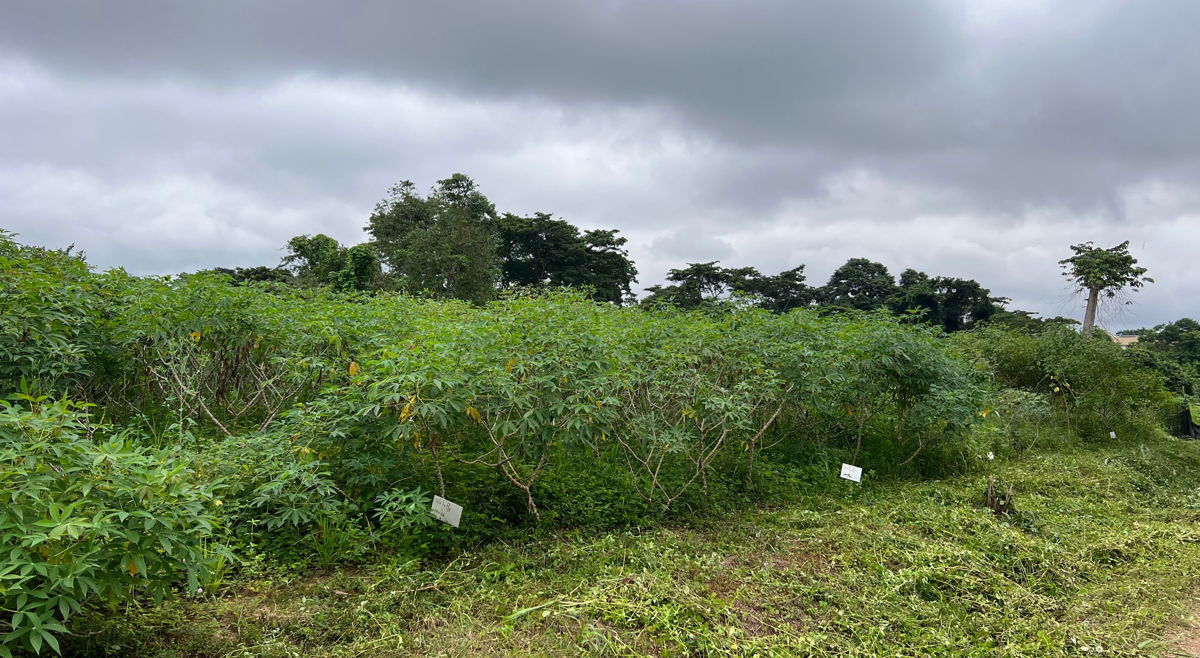
The journey from food crop research to policy is a dynamic and crucial process that bridges the realms of science and governance. In this intricate interplay, scientists and researchers diligently investigate innovative agricultural practices, crop varieties and sustainable farming practices to enhance food production, food security and mitigate the impacts of climate change. Their findings, grounded in rigorous scientific inquiry, serve as the bedrock upon which policies and regulations are crafted by policymakers, governments and international organisations. Exploring the collaborative efforts of Ghanaian crop researchers, farmers, extension officers, government agencies and international partners, we investigate the cultural, social, political and institutional factors that contribute to the knowledge co-production, translation and utilisation; the challenges they face and how by bridging the gap between scientific advancements and effective policymaking, these actors can enhance crop yields, promote agricultural resilience, and ultimately improve the livelihoods of the country’s farming communities.
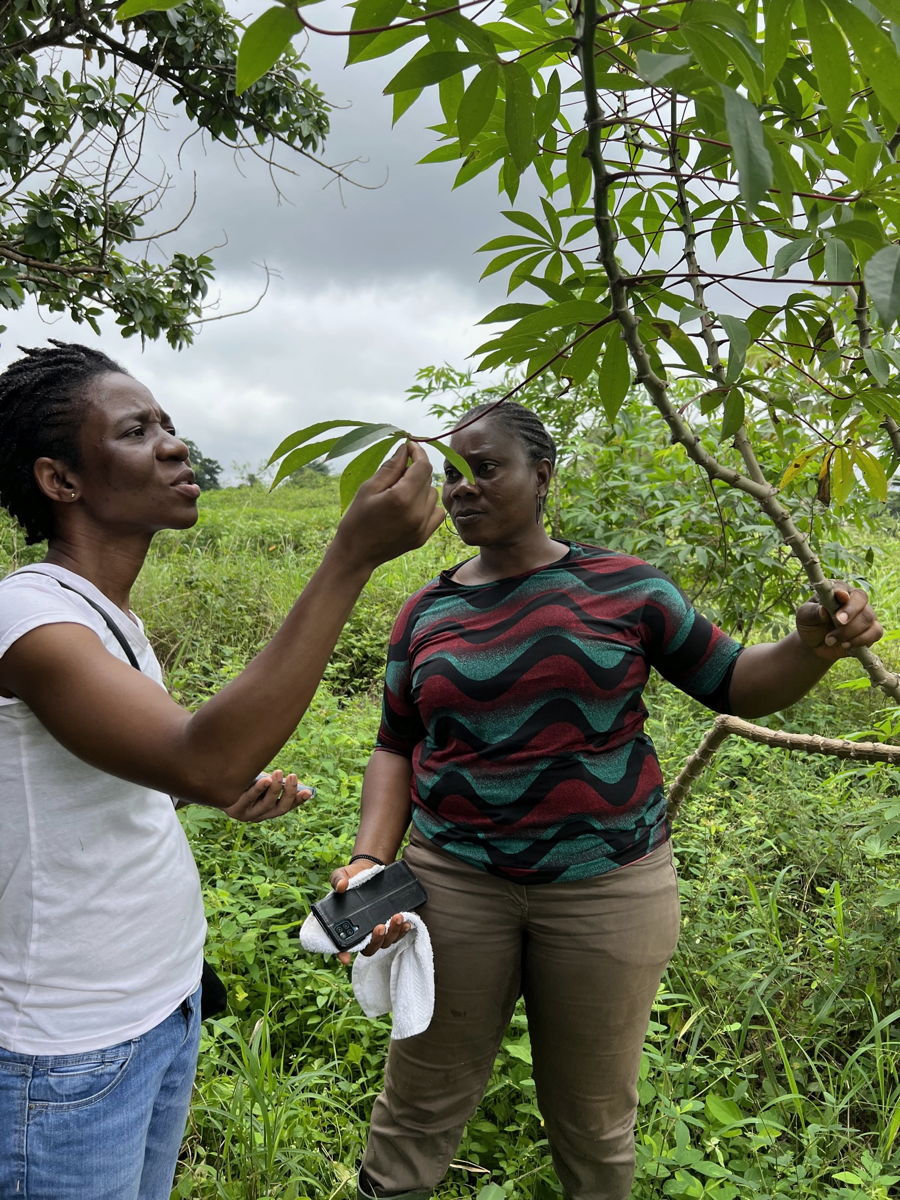
With a focus on cassava, this case study broadly seeks to evaluate crop knowledge production by considering how scientists in the Crop Research Institute (CRI) in Kumasi presents its contribution to the Ghanaian National Agricultural Policy, as well as reflect on the contemporary challenges of science-policy coordination in Ghana. We also examine the role that open science (OS) plays in these exchanges, and whether openness support or endangers adequate links between research and policy worlds – a really important link given the relevance of crop research for food security in Ghana, and by extension West Africa. What interactions happen between sites, processes and institutions involved in these forms of knowledge development? How has scientific knowledge production, use and policymaking shifted with the onset of OS practices within the CRI?
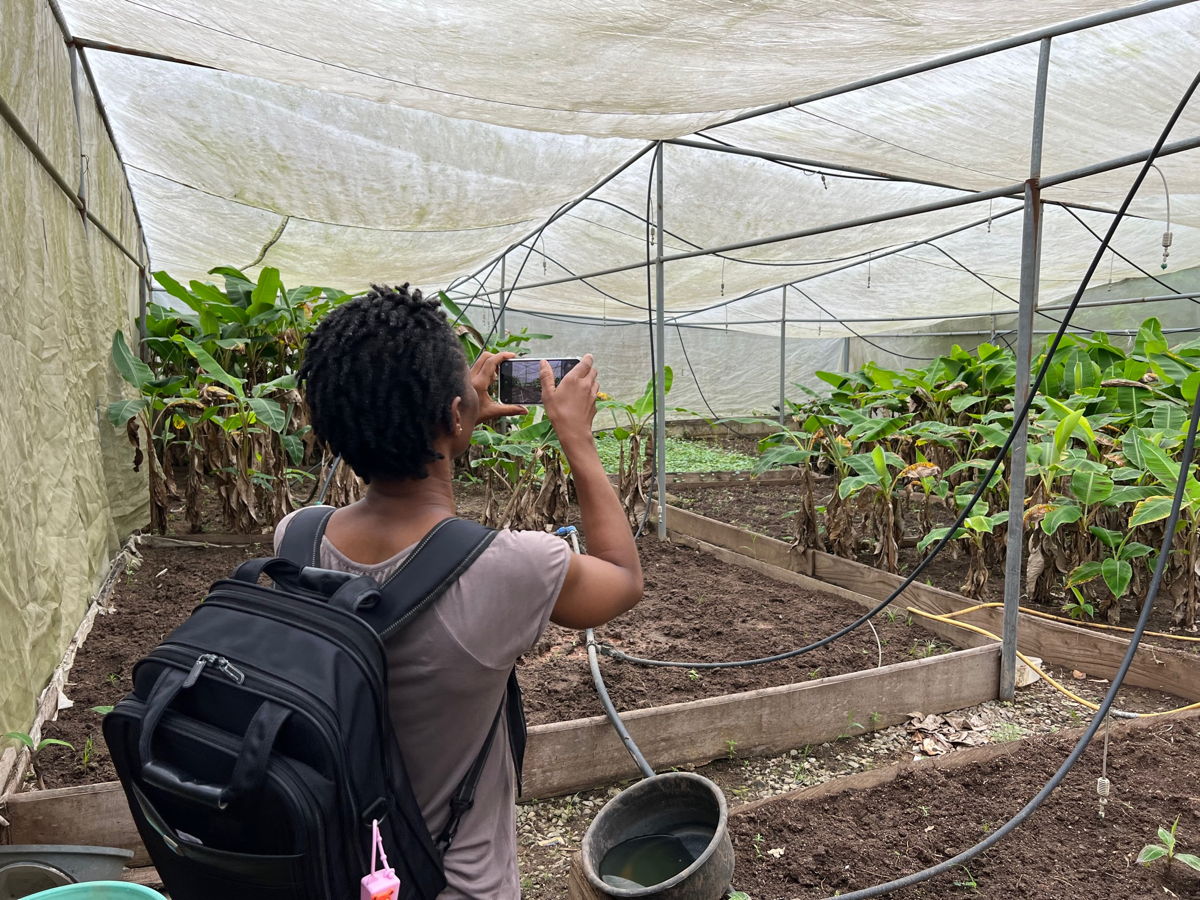
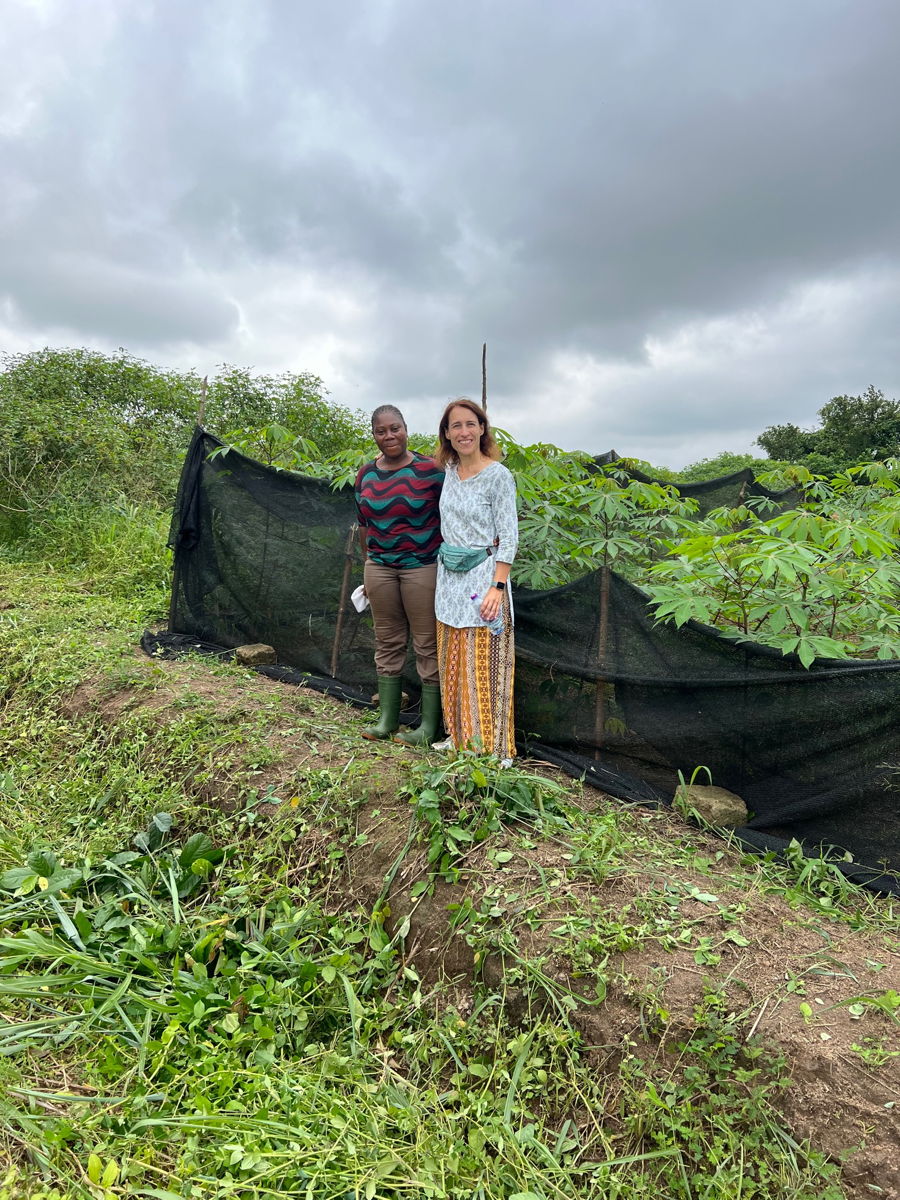
Publications
Poster
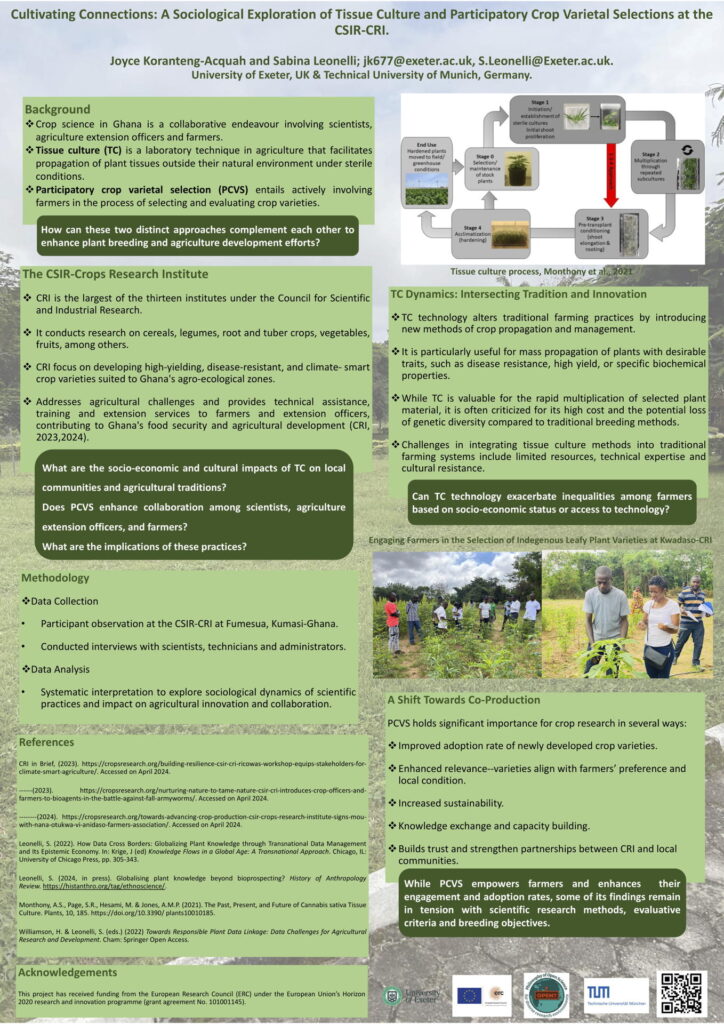
- Koranteng-Acquah, J. and S. Leonelli (2024) “Cultivating connections: A sociological exploration of tissue culture and participatory crop varietal selections at the CSIR-CRI”. Poster prepared for the Egenis Conference “Understanding Life in a Changing Planet” (Exeter University, 17–19 April 2024).
Non-peer reviewed articles
- Koranteng, J., Asante, M. D., Acheampong, P., Baafi, E., & Leonelli, S. (2024). Data Management at the Crops Research Institute of the Council for Scientific and Industrial Research, Ghana: A Scoping Report (Version 1.0). Zenodo. https://doi.org/10.5281/zenodo.11479135
- Koranteng, J. (2024). Contextual Nuances of Knowledge Translation in Ghana. Reflections blog of the Society for Social Studies of Science (4S)
Presentations
Invited talks
- Workshop “The Post-Colonial Technological Archive: Cross-disciplinary Exchange on Data, Health and Environment in Africa”, hosted by Point Sud, the Institute for African Studies and the Institute for Environment and Sanitation Studies (University of Ghana, 7-11 February 2023): “Transforming knowledge into policy: challenges of the science-policy interface”
- PHIL_OS Project Exploratory Conference “Whither Open Science?” (Exeter, 30–31 March 2023): “Is knowledge being produced in a way that supports policy?”
Submitted talks
- Biennial conference of International Society for the History Philosophy and Social Studies of Biology (ISHPSSB), Panel session “Coordination within and beyond the lab: Challenges of transdisciplinary life sciences” (Toronto/Virtual, 9-15 July 2023): “Bridging the science-policy gap in Ghanaian agricultural research”